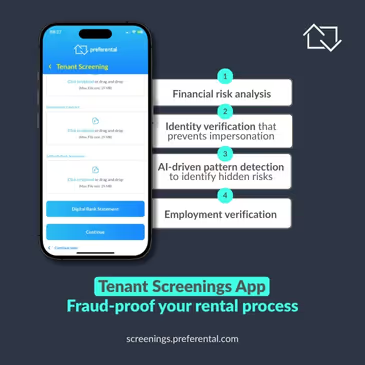Why landlord protection beats rent control in fixing housing
- Rent control caps prices but worsens housing shortages long term.
- Stronger landlord protection attracts private sector rental investment.
- High Cape Town rents driven by soaring property values and demand.
The rent control debate: What investors need to know
Two Cape Town rental listings recently went viral, a modest Green Point unit at R22,000/month and a Durbanville flat at R16,000 needing repairs. Social media backlash was swift, with many pointing out better value in Johannesburg for a fraction of the price.
This price-quality gap is part of a bigger problem. Nearly 80% of rental agents in PayProp’s 2025 State of the Rental Industry report say affordability is pushing tenants out of the Western Cape.
Lightstone data shows Cape Town’s average sale prices jumped from R1.6 million in 2020 to R2.1 million in 2025, while Johannesburg’s stayed flat at R1 million - R1.5 million. Higher capital values push landlords to seek higher returns, driving up rents.
Rent Control: A short-term fix with long-term costs
With Cape Town rents growing at 9.6% year-on-year to R11,285/month in Q1 2025, calls for rent control are growing louder. But history warns against it.
“Rent control is the most efficient technique currently known to destroy a city, short of bombing,” says Renier Kriek, MD of Sentinel Homes.
From New York to Berlin, capped rent increases have led to:
- Underinvestment - Landlords reduce maintenance and expansion due to profit caps.
- Misallocation - Tenants stay in units they no longer need, locking out those who do.
In the end, rent control shrinks rental stock and deepens shortages, especially in the affordable segment.
The Real Opportunity: Landlord Protection
Kriek argues the real fix is to make investment in smaller, affordable units viable. These units cost more per square metre to build, face higher arrears rates, and are increasingly affected by “squatting” tenants, up from 3.48% in Q4 2023 to 3.71% in Q2 2024, according to TPN’s Squat Index.
The Prevention of Illegal Eviction and Unlawful Occupation of Land Act (PIE), originally meant for land invasions, also governs rental evictions, making the process slow, costly, and open to abuse.
“If we don’t enforce payment obligations, landlords won’t invest in rental housing, the quickest, least resource-intensive way to fix undersupply,” says Kriek.
Investor Takeaway
For South Africa’s housing crisis, rent control is the wrong tool. The better approach? Protect landlords’ rights, streamline evictions, and unlock private capital for rental stock.
The affordable housing gap, estimated at three million formal units is too big for government alone. Investors who understand this dynamic can position themselves to meet demand while earning stable returns in a market hungry for solutions.













.avif)


.avif)

.avif)




.svg)





























.avif)
